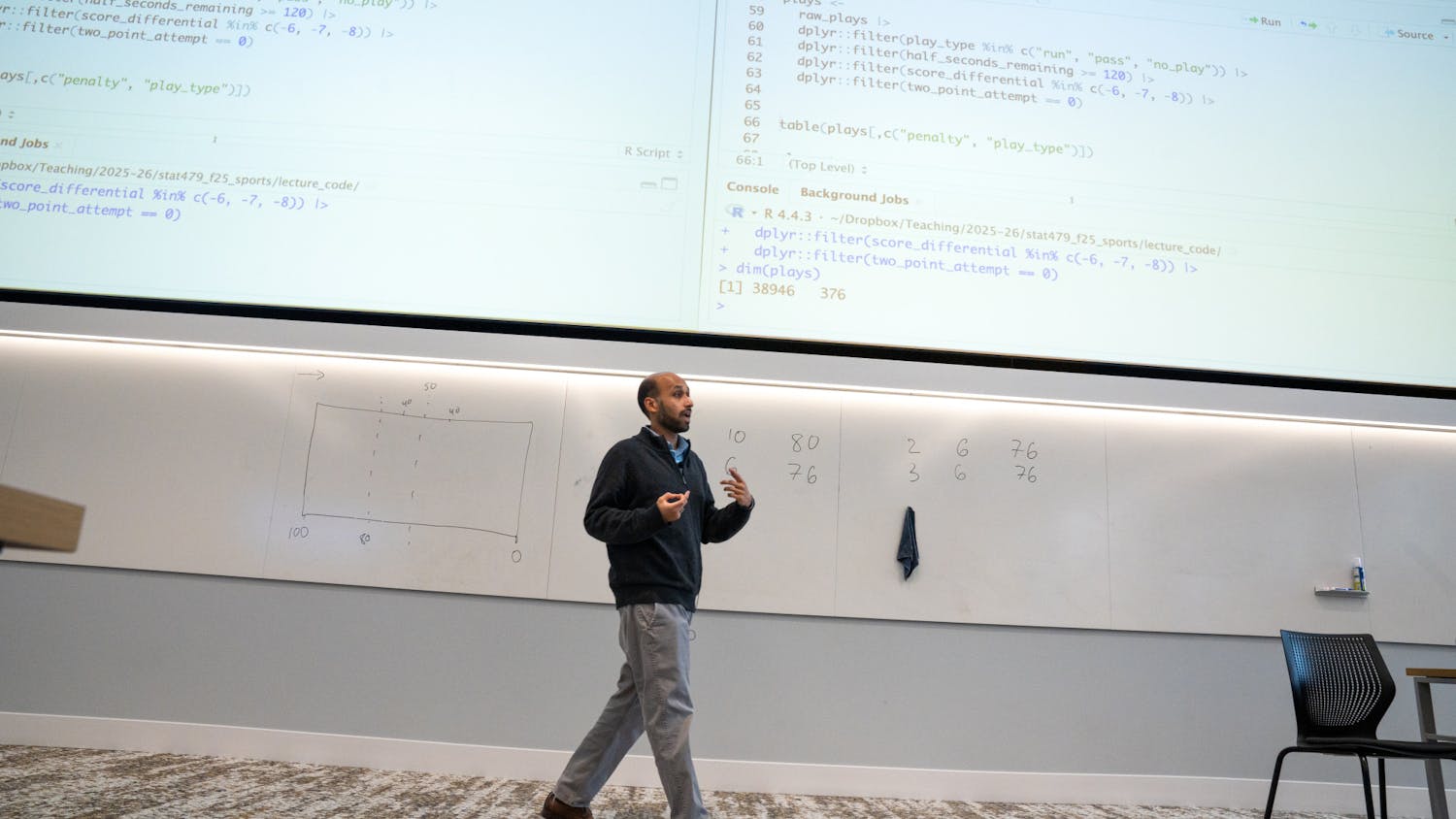The summer of 2004 was a sad one for both the film and music industries, as they witnessed the passing of two of the most prolific and gifted artists who ever scored music for film: Elmer Bernstein and Jerry Goldsmith. Both men composed for some 50-odd years, adapting to and surviving countless trends and styles in both movies and music while contributing some of the most quality works to ever grace the speakers of a theater.
After studying under the tutelage of Aaron Copland, Elmer Bernstein composed for various television productions and B-movies before breaking into the big leagues with his scores for \The Man With the Golden Arm"" in 1954 and Cecil B. DeMille's classic ""The Ten Commandments"" in 1956. From the '60s onward, Bernstein constantly delved into new styles of music. Among his most memorable scores are ""The Great Escape,"" ""The Magnificent Seven,"" ""To Kill a Mockingbird"" and ""Thoroughly Modern Millie,"" for which he won his only Academy Award.
Bernstein spent much of the 1980s and '90s working with more comedic films such as ""Trading Places,"" but his music never lacked in quality. I'm always impressed by the work that Bernstein put into ""Ghostbusters,"" even if it's not his most memorable composition. Mentioning the music from ""Ghostbusters"" to people almost always calls up the memory of the dated, but likeable, pop song by Ray Parker Jr., but the movie is worth re-watching for the original score. The work that Bernstein put into the various themes showed that summer movie soundtracks don't simply need to be a vehicle for 12 pop songs, and a competent film scorer can aid a character's development. Bernstein delivered quality music up until his death and he received his final Oscar nomination for 2002's ""Far From Heaven."" He passed away on Aug. 18, 2004 at the age of 82.
Like Bernstein, Jerry Goldsmith also started in television, working for CBS during the 1950s and '60s. Although his ascension to scoring some of the biggest films in Hollywood was not as sudden, his repertoire is still astounding: the original ""Planet of the Apes,"" ""Patton,"" ""Alien"" and ""Tora! Tora! Tora!"" to name a few. But it was his work on the bombastic score to ""Star Trek: The Motion Picture"" that will probably remain his most popular and endearing score. It was used as the theme to the ""Star Trek: The Next Generation"" television series, and after nearly 40 years of various inceptions of ""Star Trek,"" his music is still miles above any other music from the franchise. Despite the iconic theme, he was awarded only one Oscar. In 1976 Goldsmith received the honor for his work on the chilling horror film ""The Omen.""
Goldsmith was a workaholic. He would score multiple projects at a time, and worked feverishly on all types of genres throughout the 1980s and '90s.
From 1992 to 1995 he scored six or more films each year, yet never let the quality of his output drop. His score for 1997's ""L.A. Confidential"" was his best in years and he received another Oscar nomination for it. Goldsmith's last project would have been 2003's ""Timeline,"" but various edits to the film and his score caused him to withdraw from the project and be replaced by Brian Tyler. Jerry Goldsmith passed away on July 21, 2004 at the age of 75.
It's understandable how the deaths of these two talents went somewhat unnoticed outside of the entertainment industry. Only a handful of people behind the camera receive celebrity status, and almost all of them are directors. John Williams is probably the closest thing to a celebrity Hollywood composer, and it's obvious why. The man has composed virtually all of the most popular film themes from the last 25 years, penning ""Star Wars,"" ""Superman"" and nearly everything Steven Spielberg has ever directed. Neither Goldsmith nor Bernstein ever accumulated as many anthems as Williams, but that in no way diminishes their immense talent or the quality of the scores they leave behind. Film composer Alan Silvestri (""Back to the Future,"" ""Forrest Gump"") has said that the highest compliment he can receive is that his music was appropriate, or rather that it ""didn't unnecessarily call attention to itself"" or somehow detract from the film. Jerry Goldsmith and Elmer Bernstein were aware of that as well. Both men knew that their work was part of a collaborative effort toward the creation of film art, and not a showcase for themselves. After two Oscars, nearly a century of combined composing and hundreds of scores in film and television, Elmer Bernstein and Jerry Goldsmith's work is more than appropriate; it's a necessity for anyone seeking out some of the best film scores of the last 50 years.
Dan Marfield's column runs in the first issue every week. He can be reached at ddmarfield@students.edu





